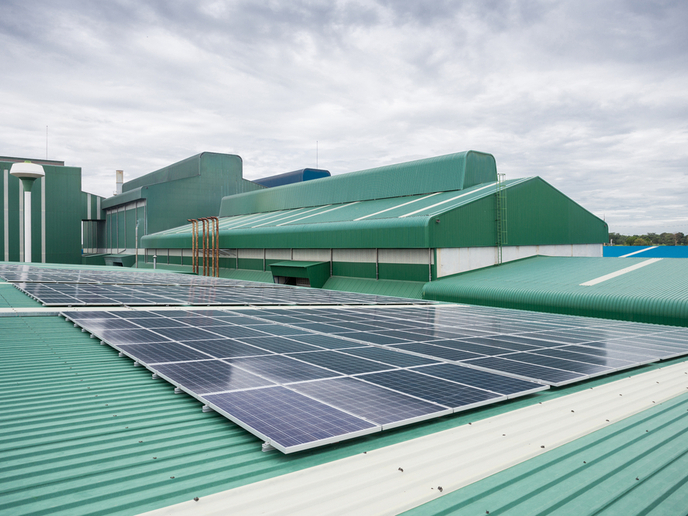Training experts in energy-efficient construction
Accounting for 40 % of the EU’s total energy consumption and 36 % of all greenhouse gas emissions, Europe’s building stock has a carbon problem. “Over a third of the buildings in the EU are over 50 years old, and approximately three quarters of these are considered energy-inefficient,” says Johann Zirngibl, a senior scientist who coordinates the EU-funded project CEN-CE (CEN standard Certified Experts EU-wide qualification and training scheme based on EPBD mandated CEN standards). “If the EU is to achieve its Green Deal(opens in new window) climate objective of reducing net greenhouse gas emissions by at least 55 % and becoming carbon-neutral by 2050, these inefficient buildings must be fully renovated.” With the goal of doubling the rate of renovations over the next decade, the EU has launched its renovation wave initiative(opens in new window) (RWI). However, before building professionals can start renovating, they first need to know how to do so in a sustainable, energy-efficient way – which is where the CEN-CE project comes into play. “CEN-CE is dedicated to setting up qualification and training schemes in energy-efficient construction,” explains Zirngibl.
Certifying HVAC experts
With the decarbonisation of heating, ventilation and air conditioning (HVAC) being a key focus of the RWI, CEN-CE has developed a range of training programmes specifically for HVAC professionals. “HVAC professionals play an important role in energy efficiency, especially in renovation where heating and cooling systems are replaced or upgraded first,” remarks Zirngibl. Based on standards set by the European Committee for Standardization(opens in new window) (CEN), the training programmes cover both individual standards and ‘big picture’ issues like adopting a holistic approach to assessing a building’s energy performance. “Whereas some of these standards relate to the daily work of the HVAC professional, others relate to upcoming challenges like global cost calculation and integrating renewable energy sources,” explains Zirngibl. “That’s why simply providing training on individual technical topics is not enough and complementary training on transversal know-how is also needed.” The training and qualification schemes target middle- and senior-level professionals and include both workshops and in-class sessions. An electronic learning system has also been launched. “We’ve received very positive feedback from the hundreds of experts who have already been trained,” adds Zirngibl. Following the training, participants can take a test to become a CEN-CE certified expert. Once complete, the participant will have his or her name added to the publicly available CEN-CE list of certified professionals(opens in new window), making it easy for anyone to find a qualified HVAC professional. CEN-CE is now looking for partners for the commercial roll-out of its training scheme.
Beyond renovations
By increasing the renovation sector’s technical skills and competencies, the project is helping the EU achieve its climate goals. “To make the EU’s envisioned ‘renovation wave’ a reality, we first need a qualified workforce and a quality assessment tool,” notes Zirngibl. “CEN-CE has laid the groundwork for the former, now we must build on this work in order to deliver the latter.” However, the CEN-CE training is by no means limited to renovation – it also benefits new construction projects. “The EU’s Energy Performance of Buildings Directive(opens in new window) requirement that all new construction be nearly zero-energy as of 2021 has had a positive impact on our work and training,” concludes Zirngibl. “This requirement demands a more expert-level understanding of technical building systems, and the CEN-CE training is well-positioned to provide exactly that.”







